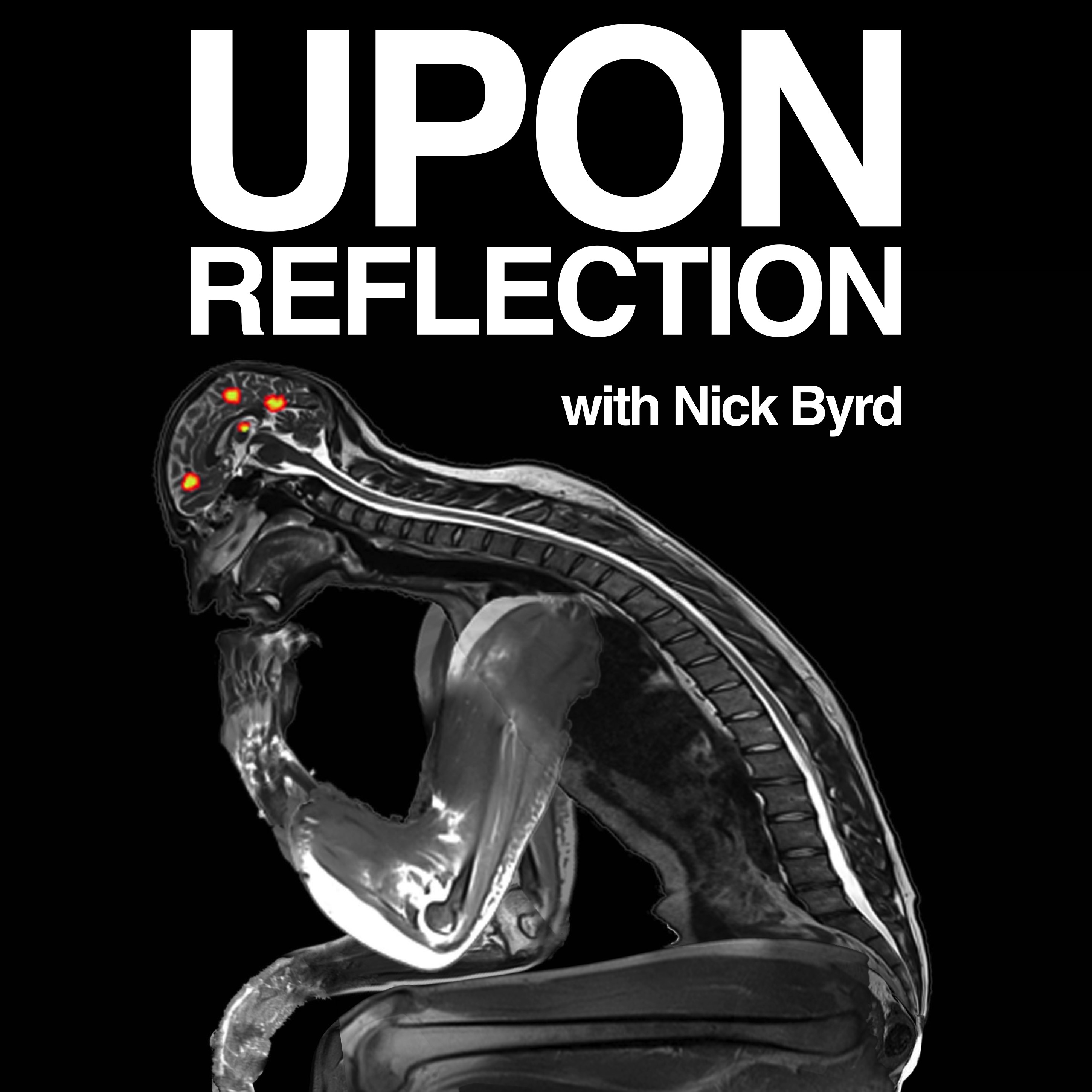Episodes
I have a question for you: "If a bat and a ball cost $1.10 in total and the bat costs $1.00 more than the ball, how much does the ball cost?". Did 10 cents seem right? The authors of questions like this are attempting to lure you to accept this incorrect answer in order to test whether you thought reflectively when you solved the problem. However, there may be problems with this method of testing reflective thinking. So my colleagues used some underrated methods to determine the degree to...
Published 04/25/23
Published 04/25/23
In this episode, I read my short paper with Morgan Thompson in WIRES Cognitive Science titled, "Testing for Implicit Bias: Values, Psychometrics, and Science Communication". You may have heard about implicit bias. It is measured by indirect rather than direct measures of bias. We reconstruct arguments from debates about these measures, reveal some instances of talking past one another, highlight how debate has changed, and highlight how the debate is laden with value judgments about...
Published 06/01/22
Published 05/04/22
In this episode, I read one of my 2022 articles in Metaphilosophy titled, "Bounded Reflectivism & Epistemic Identity". Does reflective reasoning help or hinder our judgment? In this paper, I take a middle view between reflectivism and anti-reflectivism that I call bounded reflectivism. The idea is that reflection is a tool that can be used to improve our judgment or for other purposes (such as to defend the beliefs that we consider essential to our identity—a.k.a., our "epistemic...
Published 04/06/22
On this episode, I read one of my articles from 2021 titled, "Reflective Reasoning and Philosophy" in Philosophy Compass. Both philosophers and cognitive scientists seem to think that philosophical thinking could depend on whether we reason intuitively or reflectively. In this paper, I review the claims, scientific methods, evidence, and what we may need to do to improve our understanding of reflection's role in philosophical thinking.
As with all of my writing, a free...
Published 03/23/22
Published 08/10/21
Welcome to the latest episode of Upon Reflection. This time, I read my paper with Michał Białek, "Your health vs. my liberty: Philosophical beliefs dominated reflection and identifiable victim effects when predicting public health recommendation compliance during the COVID-19 pandemic" (Total N = 998). As the title suggests we found that complying with public health recommendations didn't depend on whether people received messaging about identifiable COVID-19 victims or statistical victims in...
Published 07/18/21
Welcome to Upon Reflection. In this episode, I review the major take-aways and findings from my dissertation titled, "Reflective Reasoning For Real People". I explain what cognitive scientists mean by terms like "reflective reasoning", how reflection is measured empirically, how reflection can either help or hinder our reasoning, how more reflective philosophers tend toward certain philosophical beliefs, and how reflection may help us retrain our implicit biases.
The recording...
Published 08/10/20
In this episode of Upon Reflection, I explain how academics should conference better. More accurately, I read my chapter, "Online Conferences: Some History, Methods, and Benefits" from Right Research: Modelling Sustainable Research Practices in the Anthropocene. This chapter reviews some history of online academic conferencing going back to the 1970s, explain the potential advantages of online conferences, report quantitative and qualitative results from three online conferences, and urge...
Published 05/04/20
Welcome to the third episode of Upon Reflection, a podcast about what we think as well as how and why we think it.
In this podcast, I read my chapter, "Causal Network Accounts of Ill-being: Depression & Digital Well-being" from Ethics of Digital Well-being: A Multidisciplinary Approach. In this chapter, I review how well-being and ill-being can be understood in terms of the causal networks studied by economists, neuroscientists, psychologists, and other scientists. As with...
Published 01/12/20
Welcome to the third episode of Upon Reflection, a podcast about what we think as well as how and why we think it.
In this podcast, I'll be reading my paper about moral dilemmas entitled, "Not all who ponder count costs: Arithmetic reflection predicts utilitarian tendencies, but logical reflection predicts both deontological and utilitarian tendencies". In this paper we find that—contrary to some dual process theories' claims—consequentialist responses to moral...
Published 09/02/19
Welcome to the second episode of Upon Reflection, a podcast about what we think as well as how and why we think it.
In this podcast, I'll be reading my paper entitled, "What We Can (And Can't) Infer About Implicit Bias From Debiasing Experiments". I argue that implicit bias is not entirely unconscious or involuntary, but it probably is associative. As with all of my papers, the free preprint of the paper can be found on my CV at byrdnick.com/cv under "Publications".
If...
Published 08/19/19
Welcome to the first, introductory episode of Upon Reflection, a podcast about the philosophy of cognitive science and the cognitive science of philosophy.
In this podcast I'll be sharing my own and others' research with you. For instance, I'll talk about the differences between intuition and reflection and how intuitive reasoning predicts different philosophical beliefs than reflective reasoning. I'll also discuss topics like implicit bias and how—contrary to what you may...
Published 07/29/19


